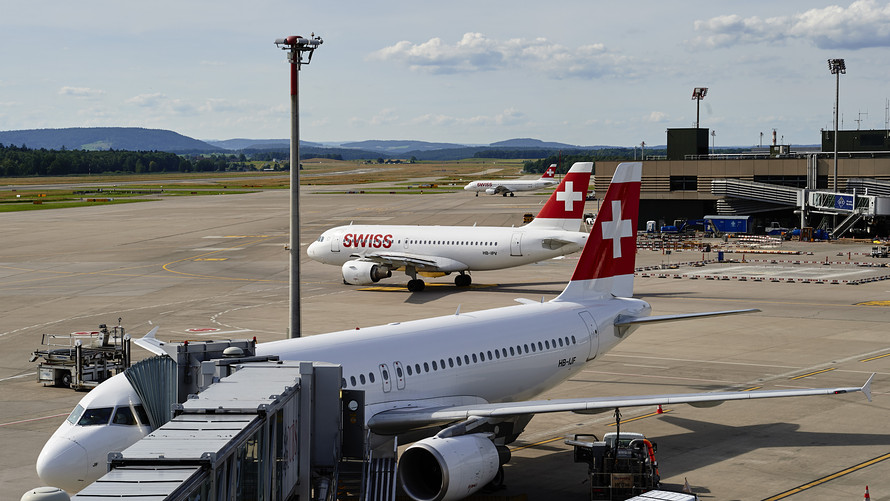
Zurich Airport, near the World Economic Forum in Davos, on Monday touted the fact that a business aircraft used a blend of sustainable and conventional fuel.
The fuel, made by Finland’s Neste NESTE, +1.39% , aims to reduce greenhouse gas emissions by up to 80%, the airport said.
But it’s barely used — the International Energy Agency says aviation biofuel production of about 15 million liters accounted for less than 0.1% of total aviation fuel consumption in 2018.
Getting emissions lower from jet fuel is important. According to the IEA, aviation emissions account for just over 2.5% of global energy-related CO2 emissions and this is expected to rise to 3.5% by 2030.
Unlike cars, it is difficult to electrify plane travel. Batteries would have to deliver a massive amount of power on take-off, and be light and long-lasting. At the moment, batteries do not meet the requirements to replace jet fuel on long-haul commercial flights, so the only real way to lower the climate impact of flying is to make fuel greener.










